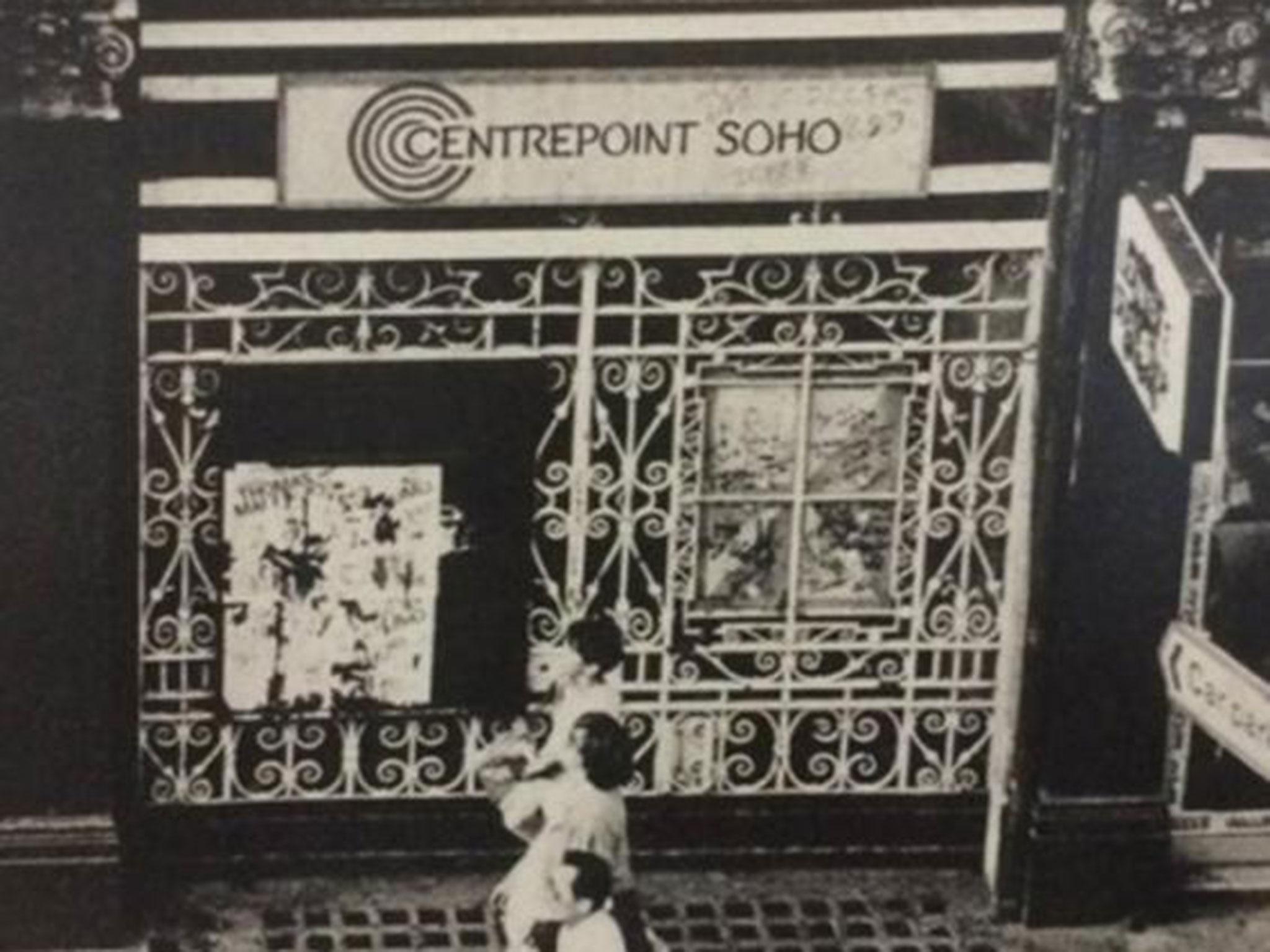Centrepoint: How a poor churchman began a homelessness charity which has now helped over 100,000 people
One of the first people Centrepoint helped was Sandy Marks, who went on to be the Mayor of Islington in 1996

Your support helps us to tell the story
From reproductive rights to climate change to Big Tech, The Independent is on the ground when the story is developing. Whether it's investigating the financials of Elon Musk's pro-Trump PAC or producing our latest documentary, 'The A Word', which shines a light on the American women fighting for reproductive rights, we know how important it is to parse out the facts from the messaging.
At such a critical moment in US history, we need reporters on the ground. Your donation allows us to keep sending journalists to speak to both sides of the story.
The Independent is trusted by Americans across the entire political spectrum. And unlike many other quality news outlets, we choose not to lock Americans out of our reporting and analysis with paywalls. We believe quality journalism should be available to everyone, paid for by those who can afford it.
Your support makes all the difference.With the promise of more jobs and a better life, thousands of young people flooded into London in the 1960s.
But without enough affordable housing to accommodate them, many ended up alone and living on the streets of the city.
Reverend Ken Leech was based at St Anne’s Church in Soho during the period and saw the damage done to those left on the streets, vulnerable to prostitution and drug-taking.
In 1969, with just £30 in his bank account, he decided to collaborate with the Simon Community - a collective of homeless people and volunteers - to open up the doors of his church and young homeless people in for temporary shelter.
The first night the basement was opened no one turned up but, within a month, there were 600 people coming for each night.
By the end of the first year the church had hosted 5,000 young people.
Rev. Leech went on to help set up the first homeless hostel for young people the following year.

In an interview with Rev Leech in 2004, The Guardian reported that the name Centrepoint was chosen for the shelter as a pointed reminder of the new tower block Centre Point, built onTottenham Court Road.
The building stood empty for years as a loophole in the law made it cheaper for the owner, making millions for them as hundreds of young people slept on the streets.
But others suggested that the name is less associated with the landmark building and was, instead, chosen because the church was at the centre of the parish.
One of the first people Centrepoint helped was Sandy Marks, who went on to be the Mayor of Islington in 1996.
In 1970, aged just 16, she stayed with the charity when it offered homeless people shelter for up to three consecutive nights.
"A lot of homeless people came to London thinking the streets were paved with gold," she told the BBC in 2005.
"They thought you'd turn up, get a job and somewhere to live. They ended up, like me, sleeping in bushes.
"You got soup and a roll and had to leave early. But it gave me respite to think about what the hell I was doing. In 1970, getting a job, a bedsit and back on your feet was easier."
Ms Marks, added: "Now there are thousands of hostel places, but it's almost impossible to get somewhere to rent.
"The longer a person is homeless, the longer their own strength is destroyed. Projects that enable people to build self-esteem are invaluable."
Prince William became patron of the charity in 2005, following in the footsteps of his mother Princess Diana.
Now, almost 50 years after the charity was launched, it has helped more than 116,000 young people.
It has moved on from just providing shelter, to helping people build their lives again with counselling, education and life skills.
Join our commenting forum
Join thought-provoking conversations, follow other Independent readers and see their replies
Comments